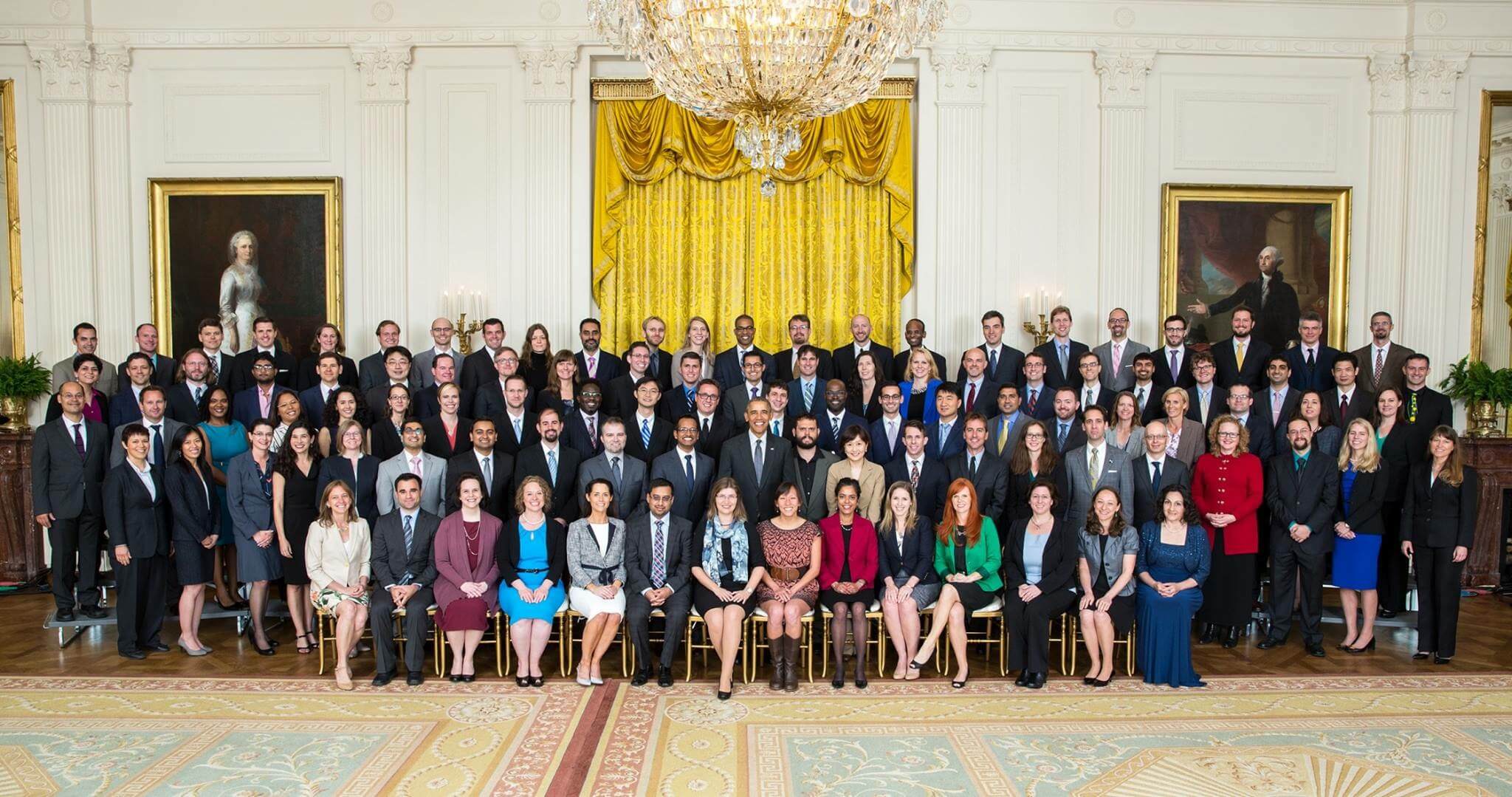


While the saying “timing is everything” is appropriate in any number of situations, in the world of cyber-physical systems, it’s more literal than most. Such systems are at the heart of technology where the difference of a second is the difference between life and death.

Researchers from the University of Pennsylvania and Washington University have developed a new real-time scheduler for the popular Xen hypervisor.

Rahul is the Penn Director for a new $14MM DoT National University Transportation Center called Mobility21 focused on technologies for safe and efficient mobility of people and goods.

Rajeev Alur, Zisman Family Professor, has been inducted into the American Association for the Advancement of Science as a Fellow, for fundamental contributions to logics, models and analysis techniques for real-time and hybrid systems. Congratulations to him on this well-deserved recognition!






Minsu Jo, Junkil Park, Yungmi Baek, Radoslav Ivanov, James Weimer, Sanghyuk Son, and Insup Lee won Best Paper Award on their "Adaptive Transient Fault Model for Sensor Attack Detection" at the 4th IEEE International Conference on Cyber-Physical Systems, Networks, and Applications (CPSNA).
Congratulations to Minsu and all!
Insup Lee delivers the keynote talk, Internet of Medical Things to Enable Medical Cyber-Physical Systems, at the 1st IEEE International Conference on Connected Health: Applications, Systems and Engineering Technologies, Washington DC, June 28, 2016.

Penn’s Distributed Systems Lab has received a three-year, $3.5 million grant from the Defense Advanced Research Project Agency (DARPA), under the DARPA XD3 program, to develop fundamentally new defenses against distributed denial-of-service (DDoS) attacks that can provide far greater resilience to these attacks than existing solutions.

Rahul Mangharam is one of the recipients of the Presidential Early Career Awards for Scientists and Engineers, the highest honor bestowed by the United States Government on science and engineering professionals in the early stages of their independent research careers. Rahul was selected for inventing a new formal methodology to test and verify the correct operation of medical device software, saving lives and reducing care costs, the National Science Foundation said. The winners will receive their awards at a Washington, DC ceremony this spring. The Award will be presented by President Obama.


The 2016 Alonzo Church Award for Outstanding Contributions to Logic and Computation is given to Rajeev Alur and David Dill for their invention of timed automata, a decidable model of real-time systems, which combines a novel, elegant, deep theory with widespread practical impact. Alur and Dill will receive the award at the 31st Annual ACM/IEEE Symposium on Logic in Computer Science (LICS), which was held on July 5-8, 2016, at Columbia University, New York City, USA.
Congratulations to David and Rajeev!
Interview with Rajeev Alur and David Dill is also available


Rahul Mangharam and Madhur Behl have won the Allegheny Region CleanTech Prize for their work on demand response advisor (DR advisor). The aim of the competition is to catalyze clean energy technology start-ups, support novel training and educational opportunities, and create a long-term sustained and diverse community to support clean energy student entrepreneurs in the Allegheny Region and beyond.
The competition took place during Carnegie Mellon University’s Energy Week, March 14-18, 2016. There were 16 teams from different universities in Ohio, Maryland, Pennsylvania, and West Virginia. 5 finalists were selected from the 16 teams to pitch for the winning prize. As winners of the competition, Rahul and Madhur received a $50,000 prize, and will compete for additional prizes at the national level competition held by the Department of Energy (DoE) and Office of Energy Efficiency and Renewable Energy (EERE) in June 2016.
The presented technology is a data-driven demand response recommendation engine called DR-Advisor. This technology is based on Madhur’s core dissertation research (he received his Ph.D. in December 2015, now he is a postdoctoral research fellow in ESE with Rahul).